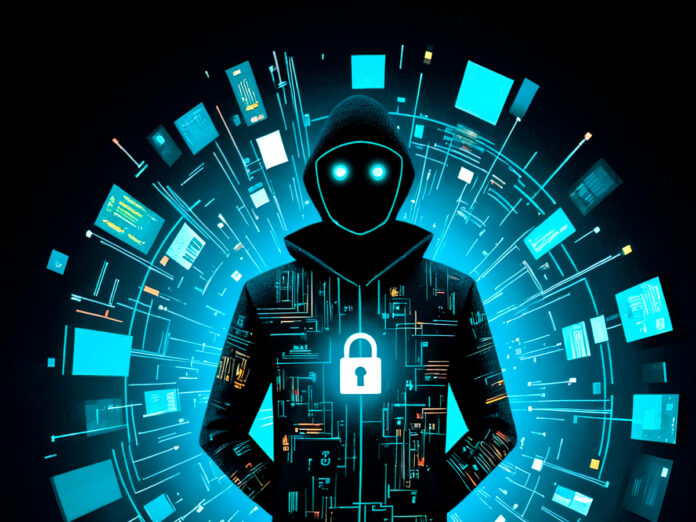Fintech Staff Writer
In an increasingly digital world, identity is no longer confined to physical documents like passports or driver’s licenses. From signing up for online services to verifying access at borders, digital identity has become a cornerstone of modern life. However, the current identity landscape is fragmented and often controlled by third parties—corporations, governments, and service providers. Centralized identity systems often spark significant worries around privacy, data protection, and individual control. That’s where Self-Sovereign Identity (SSI) comes in—a transformative solution that gives people full ownership and management of their digital identities.
What Is SSI?
Self-Sovereign Identity (SSI) is a decentralized approach to digital identity that leverages blockchain or distributed ledger technology to function. Unlike traditional systems where identity data is stored and managed by external entities, SSI allows users to create, manage, and share their personal credentials directly—without relying on centralized authorities.
In essence, SSI shifts the power of identity from organizations to individuals. Users become the sole custodians of their digital identity, deciding who can access their data, when, and for how long.
The Problem with Centralized Digital Identities
In today’s digital ecosystem, most users have to juggle multiple login credentials and share personal information across various platforms—banks, social networks, e-commerce sites, and healthcare providers. Each of these entities stores user data on their own servers, making it vulnerable to breaches, leaks, and misuse.
Moreover, users have limited control over how their information is used. Once data is submitted, it’s often repurposed for targeted advertising, analytics, or even sold to third parties—all without explicit consent. The lack of transparency and control undermines user trust and increases the risk of identity theft.
Read More: From Reactive to Resilient: 3 Practices to Help Financial Firms Thrive Amid Regulatory Change
How SSI Changes the Game?
1. Decentralization and User Control
With SSI, identity credentials are issued by trusted entities (like governments or universities) but stored in digital wallets controlled by users themselves. These credentials are cryptographically secured and can be verified without revealing excessive personal information.
For example, instead of sharing a full driver’s license to prove age, an SSI system can verify that a user is over 18 without disclosing their date of birth or address.
2. Privacy by Design
SSI operates on the principle of “minimum disclosure.” This means users can share only the specific pieces of information required for a transaction. Zero-knowledge proofs and selective disclosure techniques ensure privacy is preserved, even during verification.
This privacy-centric approach empowers users to participate in the digital economy without compromising sensitive data.
3. Interoperability and Portability
One of the most powerful features of SSI is that it is designed to be interoperable across different platforms and jurisdictions. A credential issued in one country or by one institution can be recognized and verified globally, removing the friction of redundant identity checks.
This portability also means that users can carry their digital identity seamlessly from one service to another, reducing the need to repeatedly prove who they are.
4. Enhanced Security
Because SSI credentials are stored on user-controlled devices and backed by decentralized ledgers, the risk of centralized data breaches is dramatically reduced. There’s no single point of failure, and each transaction can be cryptographically validated.
Even if a user’s device is lost or stolen, multi-factor authentication and recovery mechanisms can protect against unauthorized access.
Real-World Applications of SSI
The potential applications of SSI span across industries:
- Healthcare: Patients can own and share their medical records with healthcare providers without intermediaries, ensuring better continuity of care and privacy.
- Education: Digital diplomas and certifications can be issued as verifiable credentials, eliminating fraud and simplifying global verification.
- Finance: KYC (Know Your Customer) processes can be streamlined, allowing users to prove their identity to banks without submitting redundant documents.
- Travel: Border checks and airport security can be accelerated through digital identity wallets that carry verifiable travel documents.
Challenges and the Road Ahead
While the benefits of SSI are compelling, there are still challenges to widespread adoption:
- Regulatory uncertainty: Governments are still catching up with decentralized identity standards.
- Technical complexity: Users may struggle with managing digital wallets and cryptographic keys without intuitive interfaces.
- Ecosystem maturity: For SSI to succeed, a broad network of trusted credential issuers and verifiers must be established.
That said, many organizations and governments are already exploring SSI through pilot projects and consortiums like the Decentralized Identity Foundation (DIF) and the World Wide Web Consortium (W3C).
SSI is redefining digital identity by giving users ownership and control over their personal information. In a world where data privacy is paramount and centralized systems are increasingly vulnerable, SSI offers a future where individuals—not institutions—hold the keys to their identity.
Read More: Global Fintech Interview with Slava Akulov, CEO & Co-Founder at Jupid Tax
[To share your insights with us, please write to psen@itechseries.com ]
